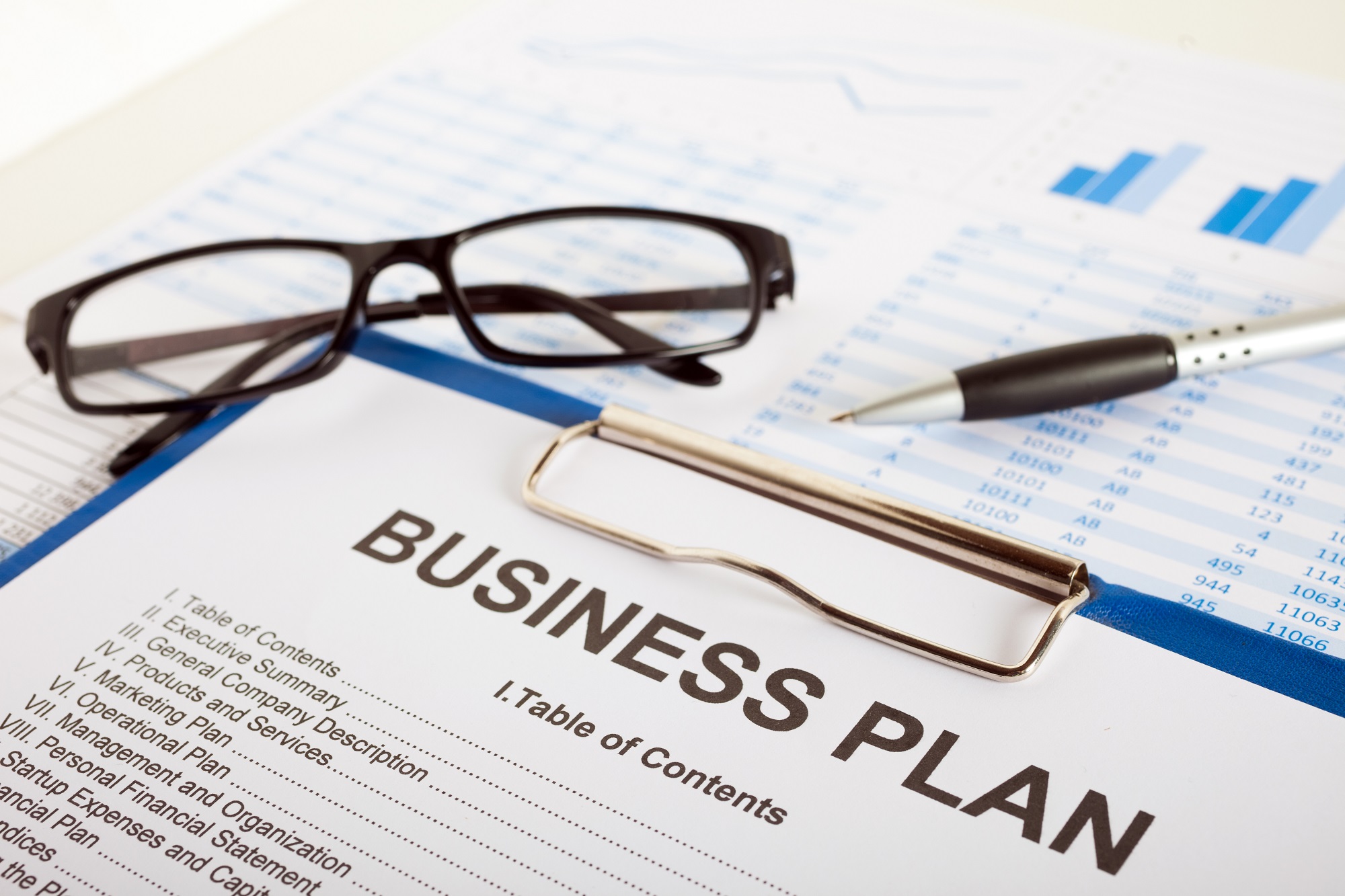As the Government continues to grapple with balancing the economy and the provision of further financial support, ‘unprecedented’ seems to have been replaced by ‘viable’ as the most frequently used buzz word – specifically when related to jobs and businesses. There is much talk about avoiding pumping more taxpayer cash into jobs or businesses that are no longer viable. But as we come to terms with the situation in front of us, we have to learn lessons from what has happened and reimagine the idea of viability.
Wasn’t every business viable pre-Covid?
Well, yes and no – a long established business is not necessarily a viable one. The pandemic has undoubtedly rocked businesses across the country in many different sectors and prolonged, tiered lockdowns could continue to present further hurdles to long term viability, even for those that had previously avoided an issue. But the pandemic and its ripple effect have highlighted some serious flaws in major businesses that should be better equipped and shone a light on those businesses living hand-to-mouth.
It was a matter of timing for some and the retail sector initially fared worse than most. They were simply not ready for this scale of impact. Cash tied up in stock combined with an imminent change in the seasons at the time of the first lockdown hit many big-name clothing brands hard. Already struggling with decreasing footfall, poor Christmas figures and a move from bricks and mortar to online, the lockdown could not have come at a worse time for the high street.
For others the impact was a long time coming. Highly leveraged businesses with narrow margins, excessive headcount and low productivity or a parasitic business strategy were left exposed. The hard stop meant those without operational or financial contingency had nowhere to turn. Those that had recoded multiple years of losses were caught out when the music stopped. Hoping for good times down the line is not consistent with viability.
But some were viable and some will even have grown significantly in 2020. So how, why?
What is a viable business?
Unsurprisingly viability primarily comes down to cash, adding further weight to the old adage that cash is king. Businesses that had good cash reserves and retained income/equity coming into the pandemic enjoyed better protection from the elements. They had used historic profits wisely, squirrelling away for a rainy day and not clearing every last available penny at the year end.
But aside from the financial aspect, their general approach to business and planning had baked in stability and flexibility to their operations. They had adapted to the changing world of online and created a solid supply chain. They had diverse income channels with minimal reliance on any single entity. They understood their clients. Most importantly, they had risk assessed their business, regularly. Whilst few will have risk assessed for a national lockdown and pandemic, scenario planning for a hard stop of some description may have formed part of their thinking. Perhaps Brexit had pre-empted this or perhaps it was just good planning. Staying agile and knowing how the business can pivot should form part of strategy for every business.
How do you create a viable business?
Being viable does not have to mean becoming pessimistic, but a healthy dose of caution is a positive planning tool. The role of the risk assessment can only increase post Covid and nobody should be business planning beyond 2020 without considering a rerun of 2020. But scenario planning doesn’t always have to consider issues on such a grand scale. What about loss of the biggest client, legislative changes, issues with supply chain etc.? None of these should be considered in isolation either.
If businesses don’t develop some inward perspective and regularly cast an eye across their main markets, their customer list, their stock room and most importantly, their bank account, as a result of Covid then they will have learnt nothing. Those that change and adapt and accept the wake-up call, will be better prepared for the future. Viability should become the watch word when it comes to business planning.
